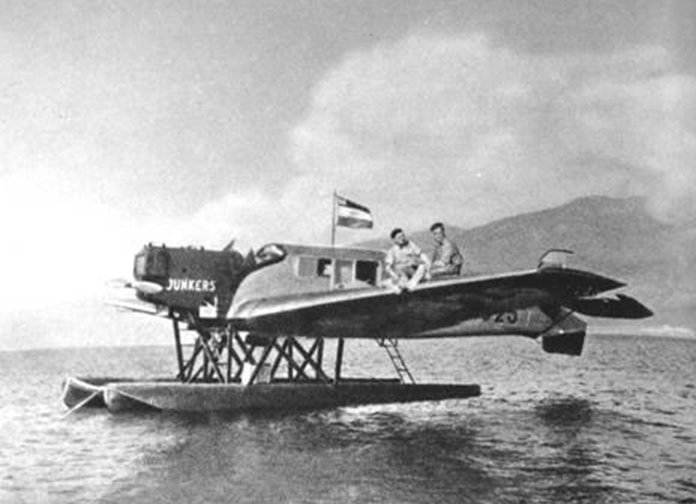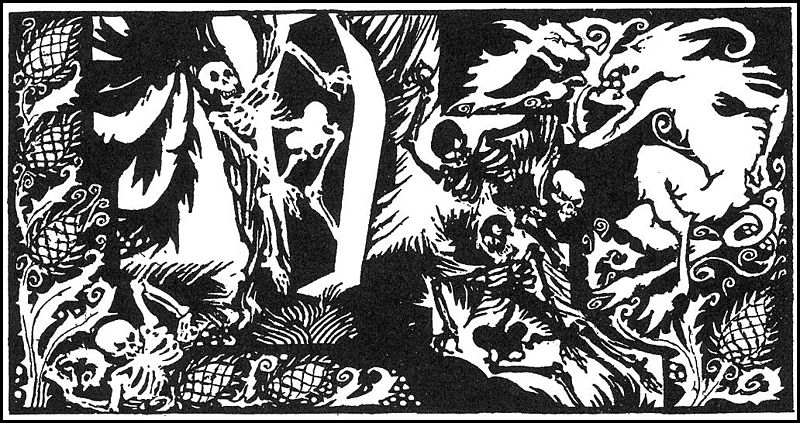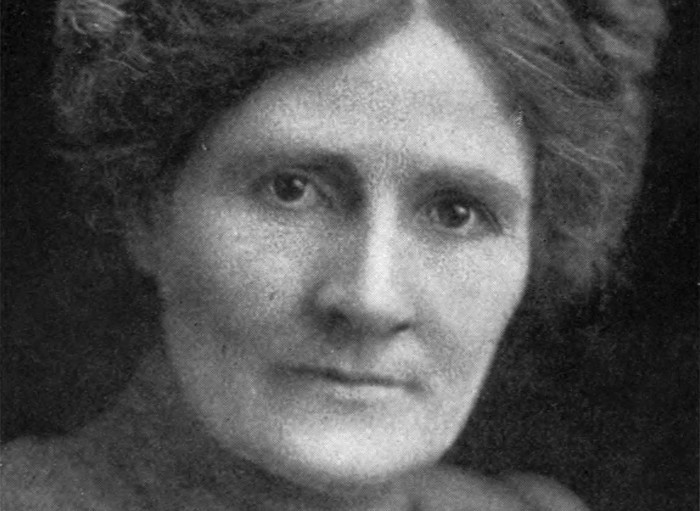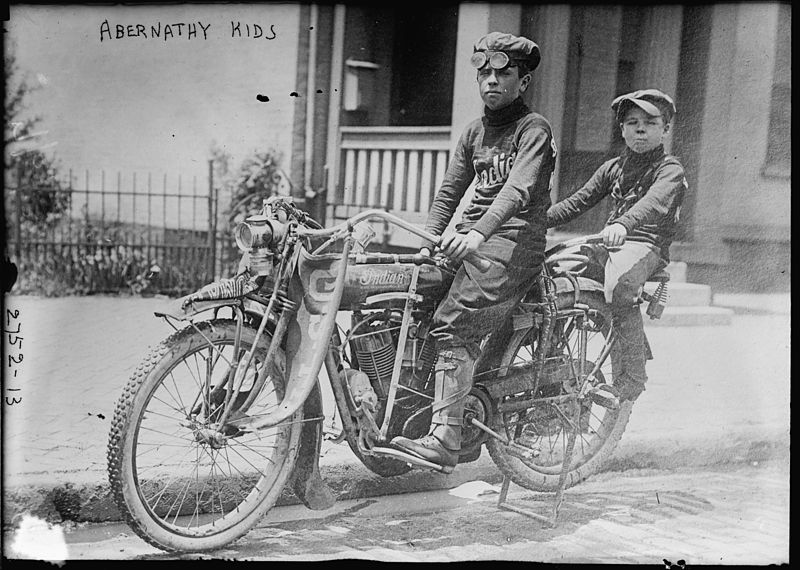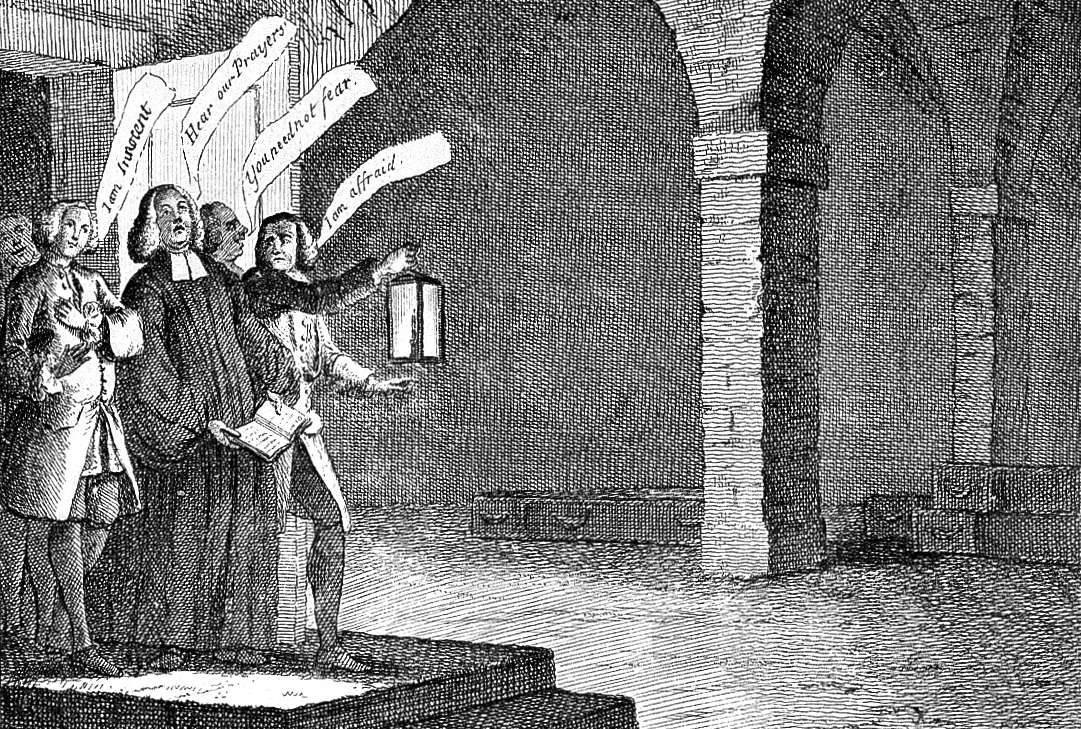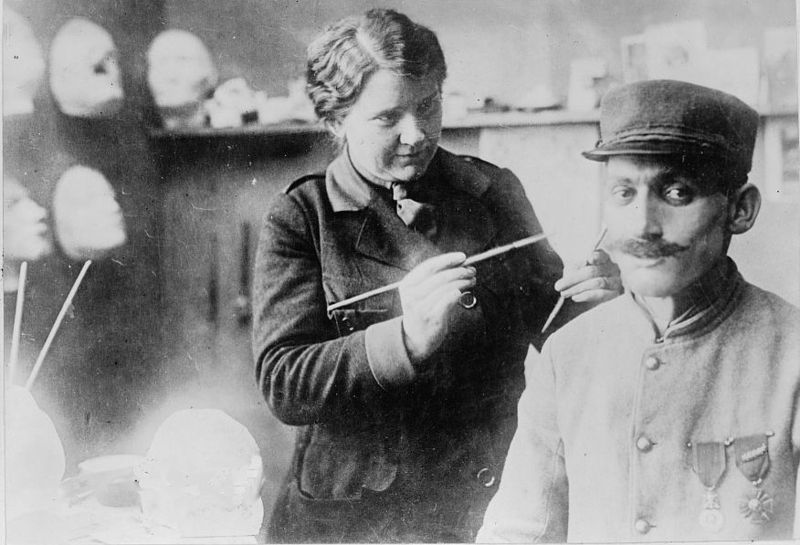The second professor of mathematics in the American colonies suggested reckoning coins, weights, and measures in base 8.
Arguing that ordinary arithmetic had already become “mysterious to Women and Youths and often troublesome to the best Artists,” the Rev. Hugh Jones of the College of William and Mary wrote that his proposal was “only to divide every integer in each species into eight equal parts, and every part again into 8 real or imaginary particles, as far as is necessary. For tho’ all nations count universally by tens (originally occasioned by the number of digits on both hands) yet 8 is a far more complete and commodious number; since it is divisible into halves, quarters, and half quarters (or units) without a fraction, of which subdivision ten is uncapable.”
Successive powers of 8 would be called ers, ests, thousets, millets, and billets; cash, casher, and cashest would be used in counting money, ounce, ouncer, and ouncest in weighing, and yard, yarder, and yardest in measuring distance (so “352 yardest” would signify 3 × 82 + 5 × 8 + 2 yards).
Jones pressed this system zealously, arguing that “Arithmetic by Octaves seems most agreeable to the Nature of Things, and therefore may be called Natural Arithmetic in Opposition to that now in Use, by Decades; which may be esteemed Artificial Arithmetic.” But he seems to have had no illusions about its prospects, acknowledging that “there seems no Probability that this will be soon, if ever, universally complied with.”
(H.R. Phalen, “Hugh Jones and Octave Computation,” American Mathematical Monthly 56:7 [August-September 1949), 461-465.)


